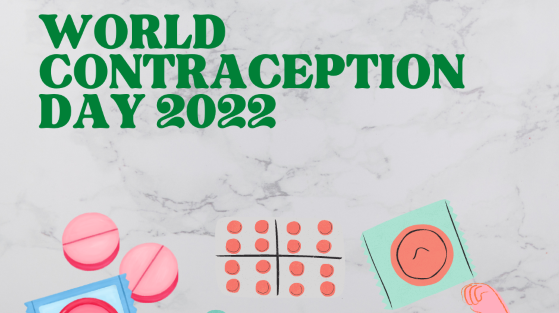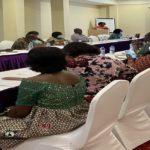It has been more than five decades since the National Family Planning Programme, which seeks to assist couples and individuals of all ages to achieve their reproductive goals and improve their general reproductive health was established. Although the country has made progress, including the integration of family planning in Ghana’s National Health Insurance Scheme benefits package in accordance with the national agenda to achieve universal health coverage (UHC) by 2030, mischievous, difficult-to-address myths and conceptions about contraception, including modern ones, continue to discourage and prevent millions of women and girls from starting or continuing to use a method.
Modern contraceptives offer a number of benefits such as the significant cancer-protective advantages of hormonal contraception. A WHO case- control study found that aside preventing unintended pregnancies, contraceptives also reduce the risk of endometrial and ovarian cancer, but these positives are rarely discussed.
Low demand and usage of family planning services due to myths and misconceptions
Low demand and use of contraceptives have been linked to inadequate and incorrect knowledge of modern contraceptives. Modern contraceptive use is also hindered by exaggerated or inaccurate reports of side effects, false beliefs about immediate or long-term health issues, and unfavorable prejudices about people who use family planning. A greater section of the Ghanaian population believe that contraceptives pose serious health risks, including male and female permanent infertility. Others also believe that contraceptives encourage promiscuity among women, particularly, married women, and may further increase the risk of HIV/AIDS and fibroids.
Removing barriers and breaking myths and misconceptions
On 2022’s World Contraception Day under the theme “breaking the myths and misconceptions”, and as part of activities Ghana’s National Family Planning Week celebrations, Dr. Yaa Saarrah Adu-Gyamfi, a Medical Doctor and Public Health Specialist shares with ARHR, the need to break myths and misconceptions around family planning among the general public to improve uptake.
According to the Public Health Specialist, several research and national population-based surveys, continue to highlight the persistence of myths and misconceptions about family planning in the general population, which affects uptake.
Dr. Adu-Gyamfi emphasized the importance of educational initiatives as a means to dispel widespread misconceptions and myths about modern contraceptives. She advocated for the continuous education on family planning through the various media platforms available including print, radio and social media; and the inclusion of reproductive health education, with age-appropriate information into school curriculum starting at the primary level. She also identified continuous collaboration between Ghana Health Service and partners, continuous engagement with various organized groups in communities to educate them on the benefits of family planning as ways to improve access to family planning and sexual and reproductive health information.
About Our Resource Person
Dr. Yaa Saarrah Adu-Gyamfi is a Ghanaian Medical Doctor/ Public Health Specialist and a member of the Ghana Medical Association. She holds a Membership in Reproductive and Child Health from the Ghana College of Physicians and Surgeons, Masters’ Degree in International Health from the University of Copenhagen, Denmark, Bachelor of Medicine and a Bachelor of Surgery from Lady Hardinge Medical College, India, Diploma in Health Care and Management in Tropical Countries, and Certificate in District Health Management from Swiss Tropical Institute, Switzerland. Dr. Adu-Gyamfi has also participated in a number of capacity-building programmes, seminars and workshops relevant to her scope of work. Since 2010, she has been the national Family Planning Programme Manager for the Ghana Health Service and oversees the development and implementation of national family planning service policies among others.



